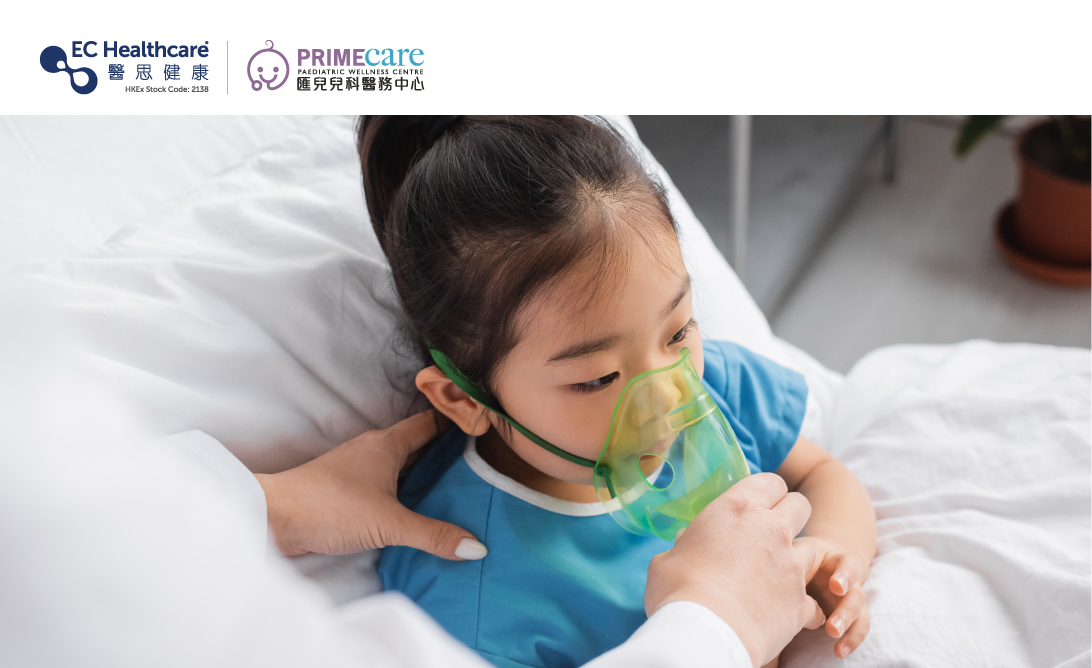The most deadly infectious diseases! Pneumonia in children can affect lifelong lung function


Pneumonia is the most deadly infectious disease of children around the world! Statistics indicate that a child dies from pneumonia every 43 seconds¹. If not treated in time, a child's lung function may be affected for life, and in severe cases, it may even cause neurological damage and other sequelae.

The immune systems of infants and young children are not fully developed. They will suffer from acute respiratory tract infection - pneumonia due to bacterial, viral, fungal or parasitic infections, long-term inhalation of air pollutants, smoke, toxic gases and other harmful substances, lung tissue inflammation (including alveoli, terminal airways, or interstitium) and other factors.
Symptoms such as fever, cough, difficulty breathing, shortness of breath, pale complexion, groaning, and fatigue usually occur. Younger children, those with chronic diseases or weak immune systems are more likely to develop severe pneumonia and require hospitalization. It is also possible to face sequelae such as lung abscess, pulmonary hydrops, respiratory failure, and developmental delay, the severity of which may vary from child to child depending on their age, the degree of pneumonia, and treatment methods. The following are some possible sequelae of pneumonia in children:
.Lung abscess/empyema: Infection of the lung tissue, forming one or more abscesses filled with pus; if pus accumulates around the lung membrane, it can lead to empyema.
.Pulmonary hydrops: A large amount of fluid accumulates in the alveoli and pleural space, which will make it difficult for children to breathe and further deteriorate into respiratory failure, shock, etc.
.Respiratory failure: Pneumonia will affect the function and condition of the children's lungs, hindering the supply of oxygen and the discharge of carbon dioxide, causing difficulty in breathing and even failure.
.Pulmonary fibrosis: Due to infection or inflammation, the lung tissue is damaged, the alveoli and surrounding tissues form connective tissue proliferation, and fibrosis occurs, making it difficult for oxygen to enter the blood. Patients often experience shortness of breath, wheezing, or dry cough.
.Weak immune system: After a child is infected with severe pneumonia, the immune system takes time to recover and will be weak for a period of time, increasing the risk of contracting other diseases.
¹ Childhood Pneumonia Explained
Disclaimer: This article is prepared by an independent third party and is not sponsored. The content provided is solely for informational purposes and should not be considered a substitute for professional medical advice, diagnosis, or treatment. It does not represent any specific viewpoint. In the event of any discomfort or health issues, it is advised to seek medical attention promptly.









